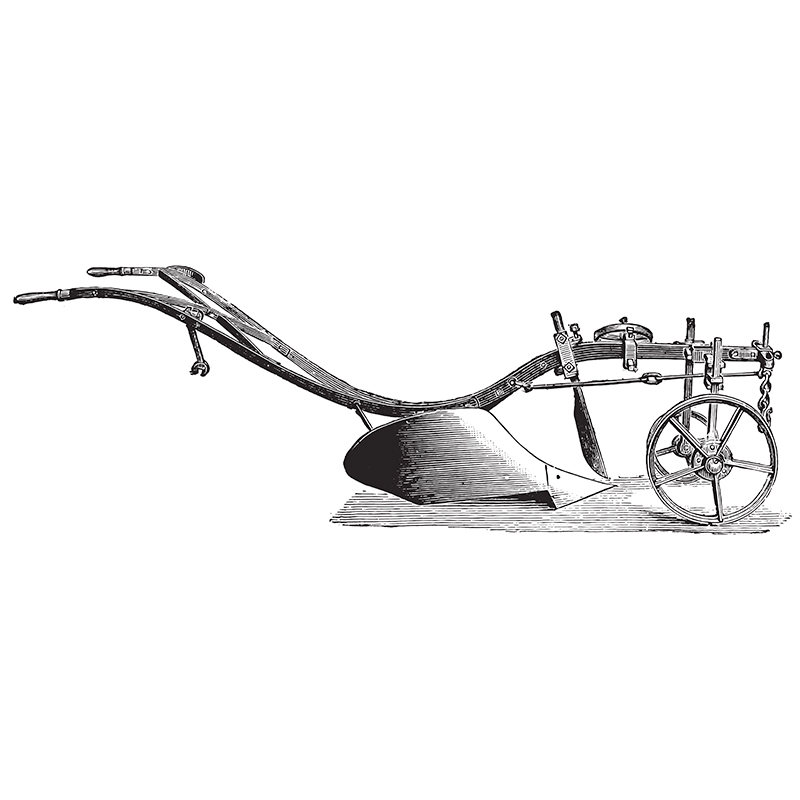Remoska ovens
A Remoska is a revolutionary electric oven with lid-mounted heating that will never overcook anything. The principle behind it was devised by Oldřich Humota in the middle of the last century. The oven was initially named after him and his collaborators – HUT (Humota, Uher, Tyburec). However, their business was nationalised under the Communists and absorbed by REMOS (this company’s name is an acronym based on the Czech words for inspection, electrical goods, assembly, repair, and service), hence the oven became known as the “remoska” in popular parlance. Several million were produced up to 1991. The ovens are now manufactured by REMOSKA s.r.o. and feature a licensed Teflon surface. Over 50% of output is exported.







































